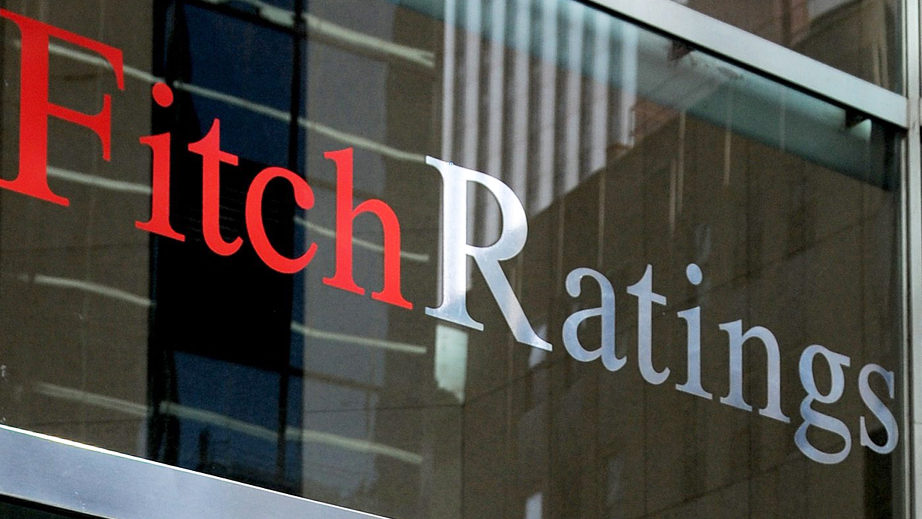Next governor of the Bank of Portugal defends the need to “maintain fiscal discipline” and “independence”
The next banking supervisor warns that public debt is above 95% of GDP and draws attention to rising property prices. "Independence will be a fundamental principle" of the mandate.
The next governor of the Bank of Portugal (BdP, in Portuguese) argues that “fiscal discipline must be maintained”, since public debt “is still above 95% of GDP”. Álvaro Santos Pereira was speaking at a parliamentary hearing in the Assembly of the Republic, a mandatory step to take office as governor of the central bank, where he will lead banking supervision and intervene in the European Central Bank (ECB) on decisions such as interest rates.
As a fundamental principle of his mandate, Santos Pereira emphasised his “independence” from “political power and those under supervision”, listing several risks to the global and national economy, starting with the increase in property market prices. And on this point, he added: “There is no room for complacency”.
“There are risks of worsening conflicts, risks of disruption to the commercial chain due to higher tariffs and trade wars; there are budgetary risks in the areas of defence, population ageing and energy transition; and there are risks associated with crypto-assets”, he explained. He therefore argued: “Fiscal discipline is essential”.
At the national level, he stressed that “there are sectors that may be affected by tariffs”, acknowledging that “an increase in these” could “create additional difficulties for exporters”. In addition, he continued, “indebtedness has fallen, but remains at high levels, so it is essential to continue reducing the State’s debt to ensure room for manoeuvre in the event of crises or if the economy slows down”.
Santos Pereira also said that although banks are “well capitalised”, “there is no room for complacency”, given the risks that exist — in particular, the risks associated with the sharp rise in house prices in recent years. Building more houses should be a priority to “take pressure off” house prices, he argued.
On the other hand, the former Minister of Economy stressed that “independence” will be “the cornerstone” of his mandate. “I will take the independence of the BdP to the limit, I don’t care who is in the Government. I want a cordial relationship with the Government, regardless of its political colour”, he stressed, recalling that he has never been a member of any political party. He would also not accept political positions, despite having been invited to take up some in recent years, which he declined.
“If someone decides they want to work actively in a political party, it’s a matter that needs to be looked at, because (…) there is a public mission to work for the Bank of Portugal”, he stressed.
On the tense relations between the current governor, Mário Centeno, and the Ministry of Finance, Santos Pereira acknowledged that “it is natural that personal relations may not necessarily be good”. He then understood that “there is the possibility of increasing interaction and cooperation between the Ministry of Finance and the Bank of Portugal”.
Álvaro Novo, reappointed by Centeno at the end of his term, will not be Álvaro Santos Pereira’s chief of staff. “The chief of staff is someone who works very closely with ministers or governors and must be someone who can be trusted completely”, said the governor-designate, revealing that his chief of staff will be Filipa Santos, who was his chief of staff when he was Minister of Economy in Pedro Passos Coelho’s government.
“If I were in that position, I think that structural decisions should not be made at the end of terms of office, whether they be appointments or other matters”, said Álvaro Santos Pereira, criticising Mário Centeno both for the appointment of the chief of staff and for the construction of the central bank’s new headquarters.
But the criticism did not stop there. When asked whether Mário Centeno will remain as an advisor to the BdP after leaving office, he replied: “I don’t know what Mário Centeno will do. As a member of the BdP, he has the right to remain as an advisor. I would never remain on the bank’s staff after being governor, but everyone does what they want.”
Álvaro Santos Pereira was also asked whether he could be considered a “dove” or a “hawk” in monetary policy. “I’m definitely not a dove”, he emphasised, noting that he considers inflation control to be absolutely essential.
New BdP headquarters: “Those who owe nothing fear nothing”
Regarding the new headquarters, the next governor considered that “it makes sense” for the central bank to have “a building as its headquarters, rather than having its services scattered”. “That is not in question”, he concluded.
But specifically about the location, he said: “I will study it. I don’t have any information… When I arrive, I will certainly analyse the dossier in great detail and then, if Parliament thinks I should provide [information], I will speak.”
Regarding the controversial audit by the Inspectorate-General of Finance (IGF) related to the new headquarters, Álvaro Santos Pereira emphasised the importance of the organic law of the BdP and also of the Ministry of Finance, as well as the rules of the Eurosystem, according to which “audits carried out by politically controlled institutions” are not possible.
However, he added: “For me, it is very important to say that ‘those who have nothing to fear have nothing to hide’.” “The Bank of Portugal will provide all the necessary information to the Portuguese people and will answer any questions that are asked in any audit” that may take place.
On 24 July, the Government announced Álvaro Santos Pereira, chief economist at the Organisation for Economic Co-operation and Development (OECD) and former Minister of Economy between 2011 and 2013 in Passos Coelho’s PSD/CDS-PP Government, as the next Governor of the Bank of Portugal, not renewing Mário Centeno’s term of office.
Centeno remains governor, as Santos Pereira must undergo parliamentary questioning before being appointed, which has been postponed until after the parliamentary recess.
According to the Organic Law of the BdP, the governor is responsible for joining the European Central Bank (ECB) council and participating in its decisions (primarily monetary policy, such as decisions on interest rates), as well as coordinating the activity of the Bank of Portugal – analysing the economy, supervising and regulating the banking sector and resolving banks, if necessary.




